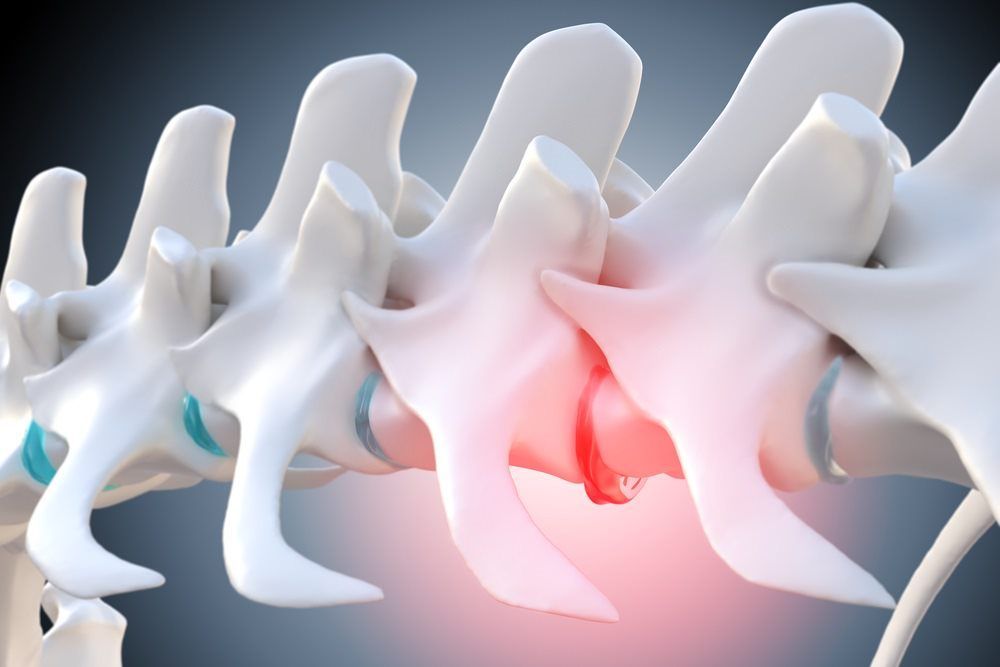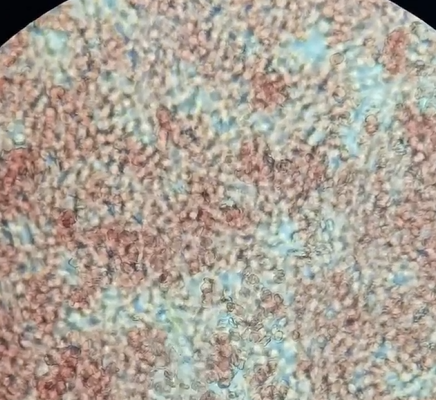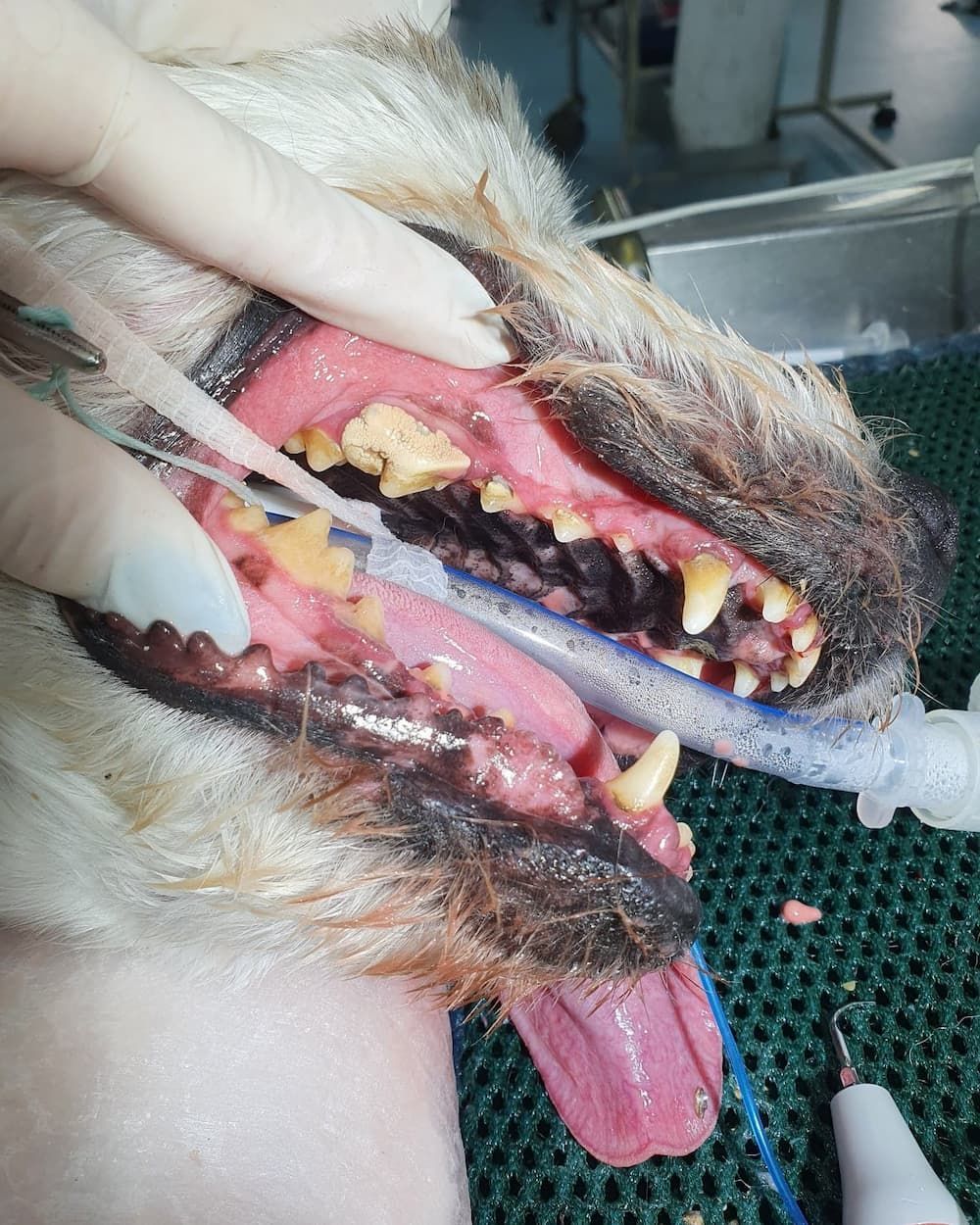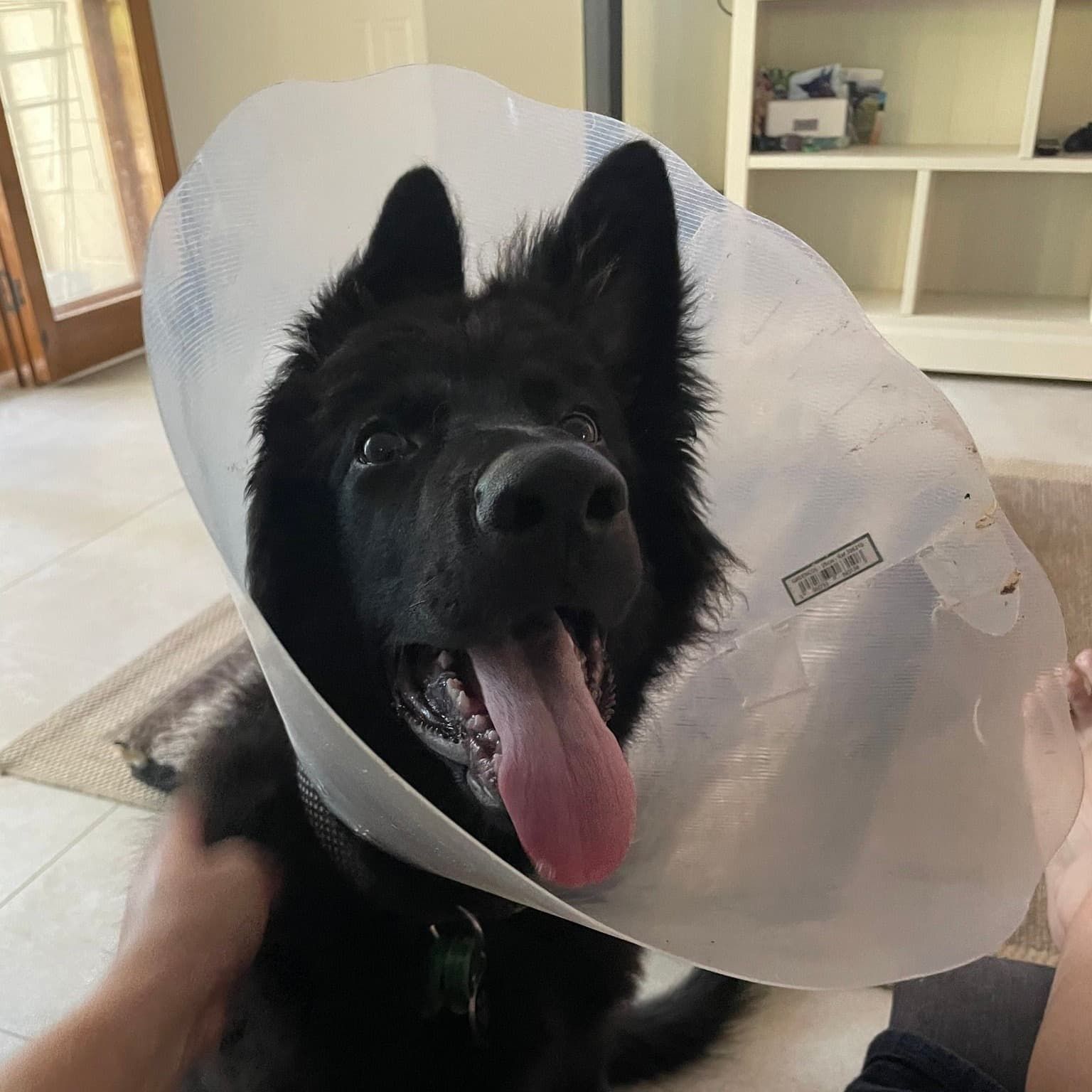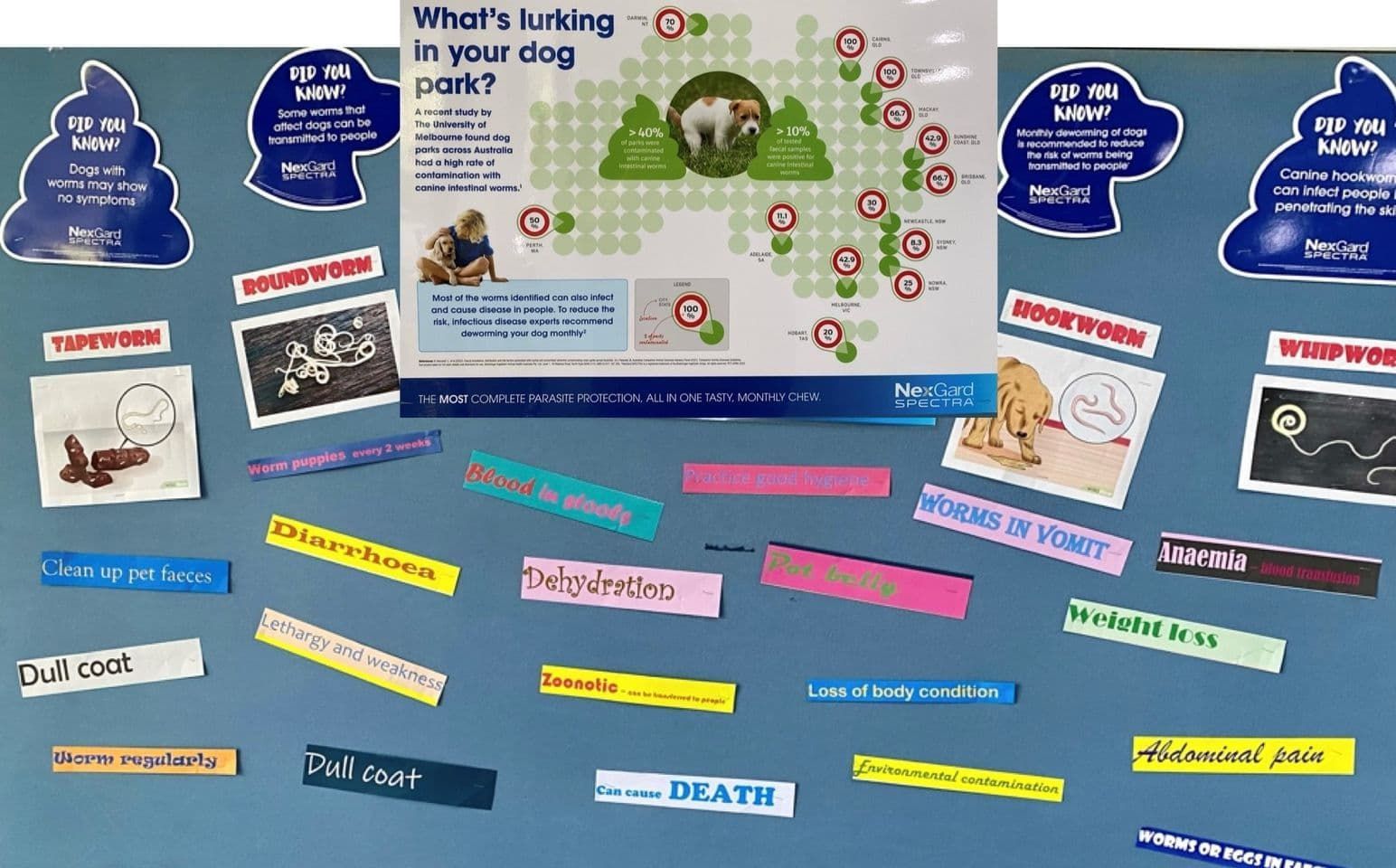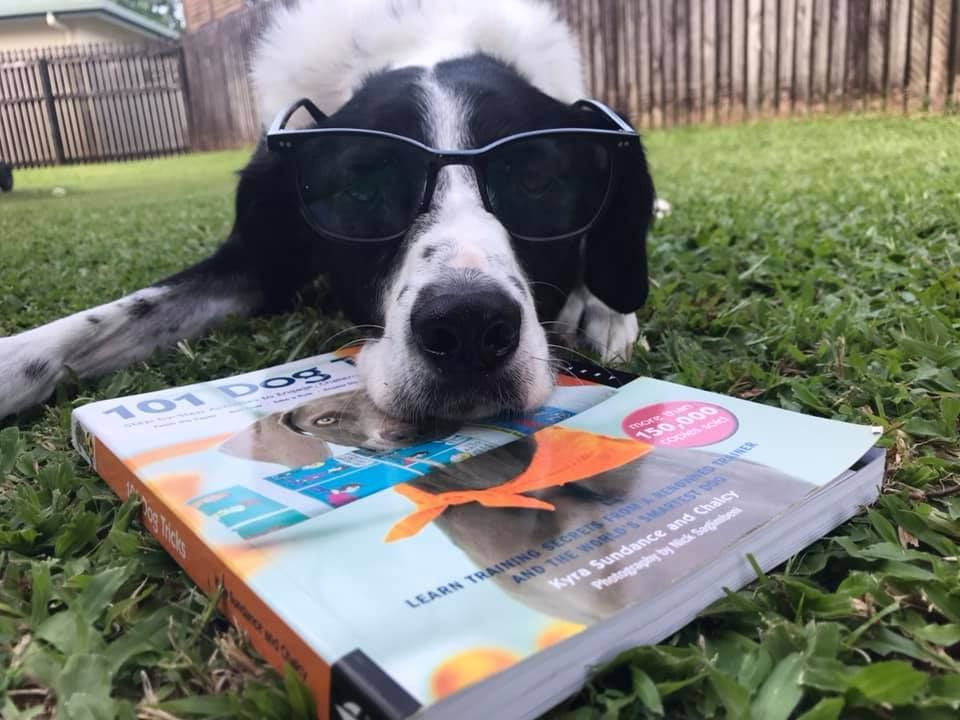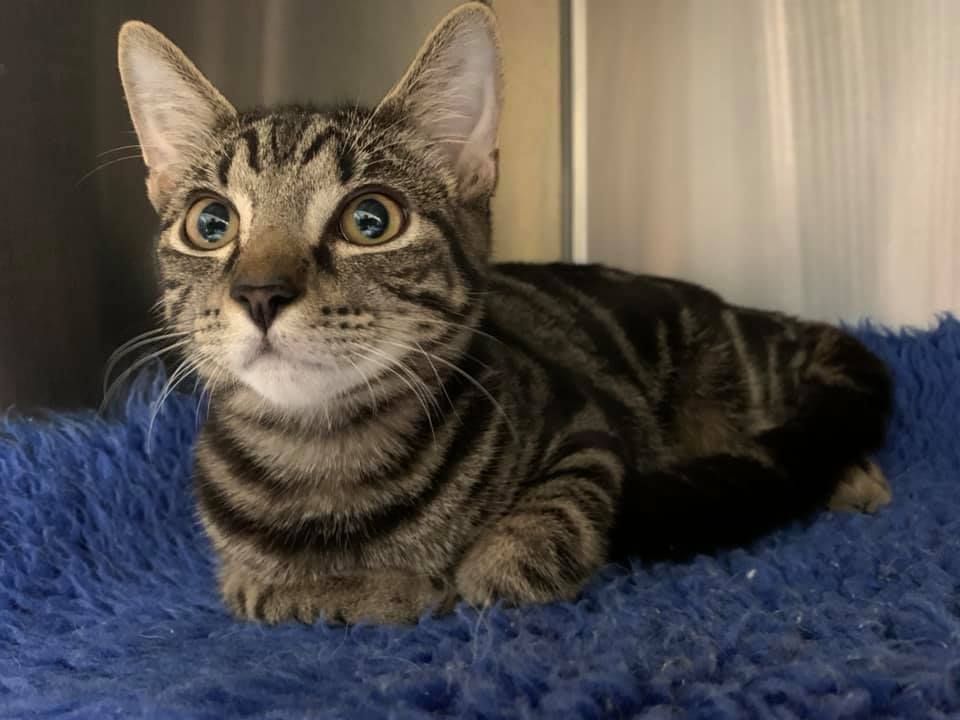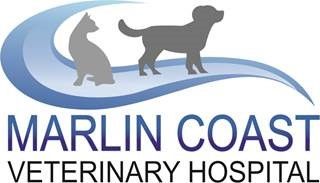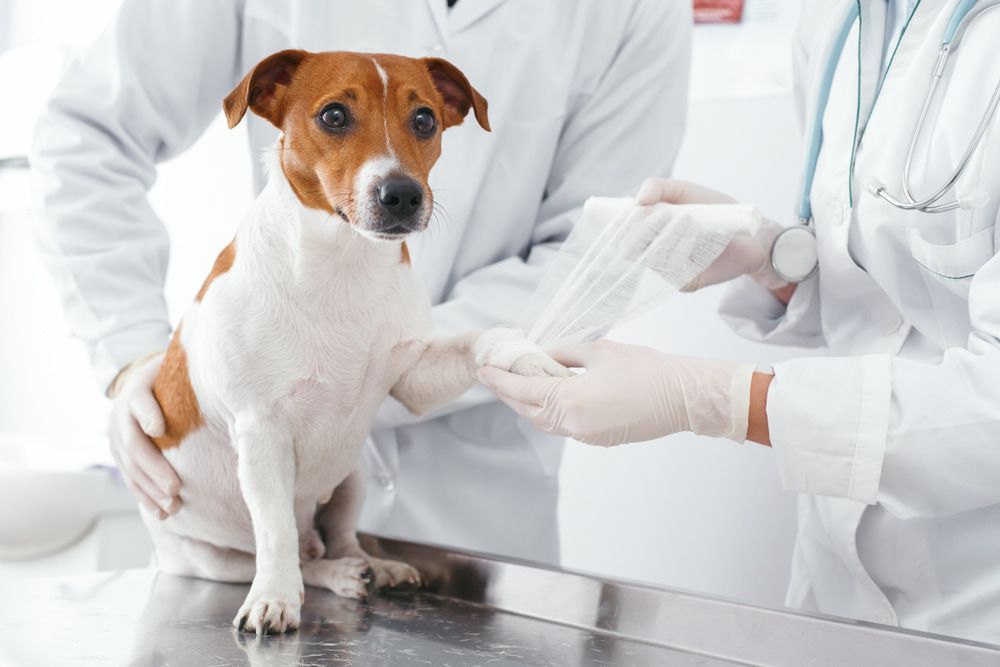Leptospirosis Update October 2023
Leptospirosis Update
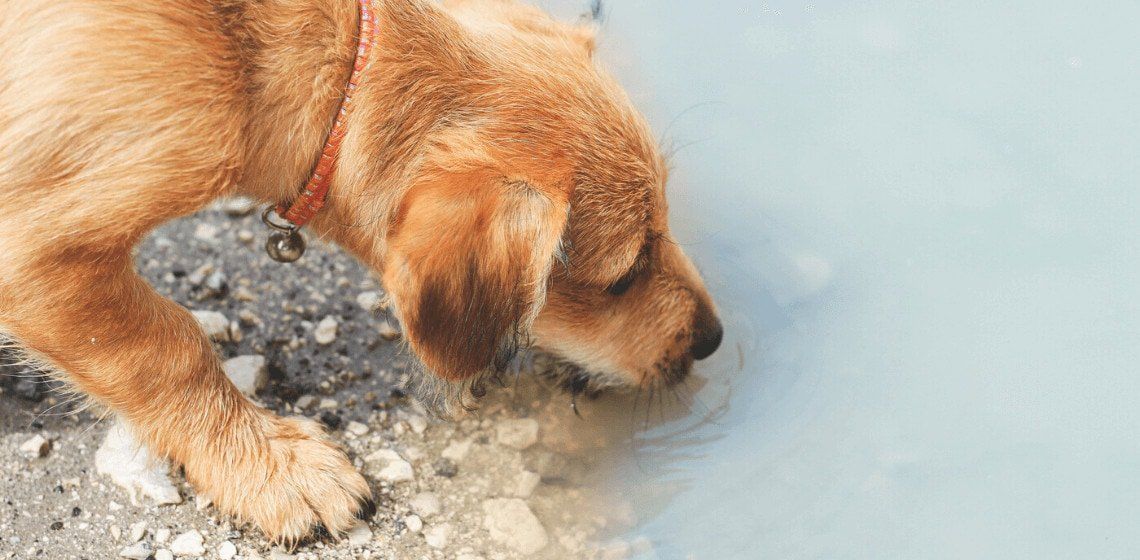
Unfortunately, we still do not have an update as to when the Leptospirosis vaccine will be available. Australia is experiencing a nationwide shortage and a vaccine may not be available until early 2024. We are expected our next update in late October.
To ensure all our furry friends are kept safe, here is some information to minimise the risk of exposure.
What is Leptospirosis?
Leptospirosis is a bacterial infection that is often carried by rodents and shed in their urine. Exposure is usually through contaminated water sources, soil and food.
How does Leptospirosis affect my dog?
Signs of leptospirosis can be vague initially and include lack of appetite, lethargy, vomiting and diarrhoea. Kidney and liver failure may follow, causing jaundice (yellow gums) and change in frequency of urination. Please seek veterinary attention if you are concerned that your pet may have these symptoms.
How can I protect my dog?
Avoid letting your dog drink from, or play in, stagnant water sources like ponds and puddles, and limit any contact of dogs with rats and mice. Leptospirosis also has the potential to spread to humans.
How is Leptospirosis treated?
Early diagnosis and intervention of Leptospirosis is crucial in the successful treatment. Treatment involves intravenous fluids and specific antibiotics.
Will my dog need a booster vaccine?
The current recommendation is all dogs should receive two initial vaccines 4-6 weeks apart, then annually. If the patient is more than 3 months overdue for their vaccine, they will require a booster vaccine 4-6 weeks later. Due to the long delay with the vaccine this means that a large number of dogs will need two vaccines to ensure they have adequate immunity.
We thank you all for your patience and will continue to keep you informed as news becomes available. As soon as the vaccine becomes available, we will be organising days and times for our clients to have their pets vaccinated.
